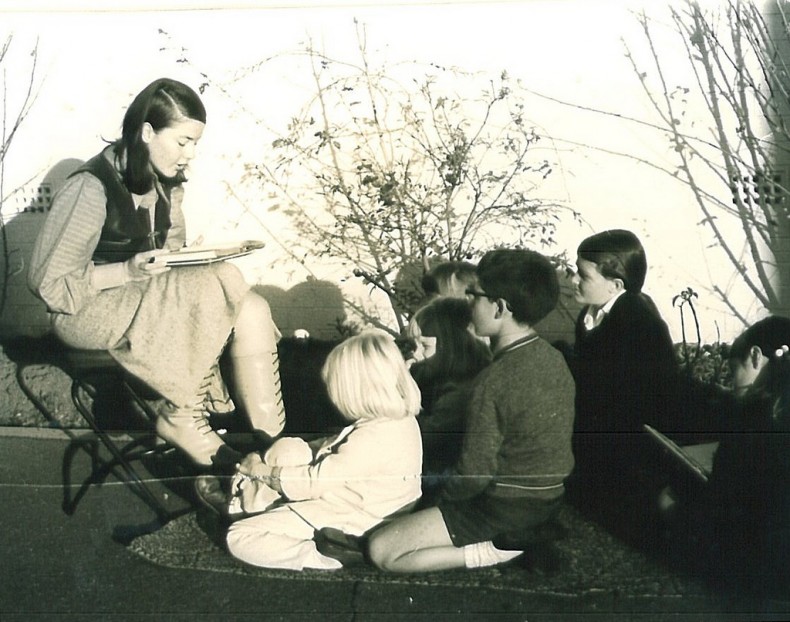 In late March, my husband and I decided to adopt a puppy. We had our hearts set on a black lab mutt, and I had found the perfect one. All puppies make me go weak in the knees. But this one was a real looker — speckled paws, cockeyed ears, and seal-pup eyes. As she snuggled into my lap on the long car ride home, I looked over at my husband and sighed. I was in puppy heaven.
In late March, my husband and I decided to adopt a puppy. We had our hearts set on a black lab mutt, and I had found the perfect one. All puppies make me go weak in the knees. But this one was a real looker — speckled paws, cockeyed ears, and seal-pup eyes. As she snuggled into my lap on the long car ride home, I looked over at my husband and sighed. I was in puppy heaven.
A week later we were in puppy hell. The dog hadn’t taken to being in a kennel the way we hoped she would. At night she made ear-shattering noises that sounded like human screams. And then she would howl, and then yowl, and then cry, and then bark. She tried every noise in her puppy arsenal. Even earplugs couldn’t muffle the sounds of her discontent. So we suffered . . . sleepless night after sleepless night. Continue reading
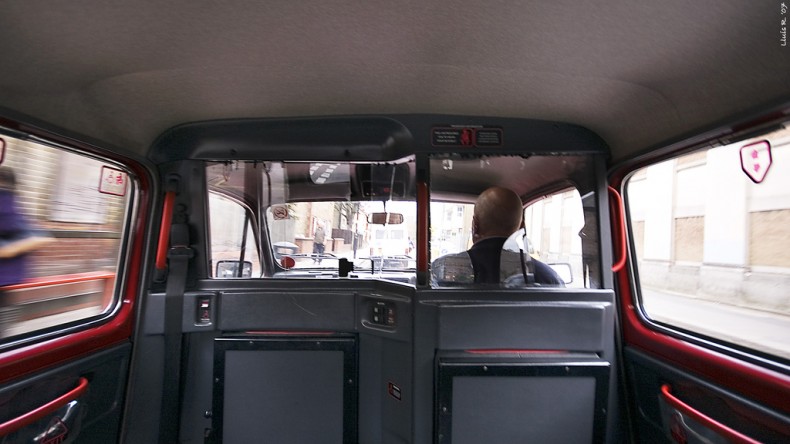

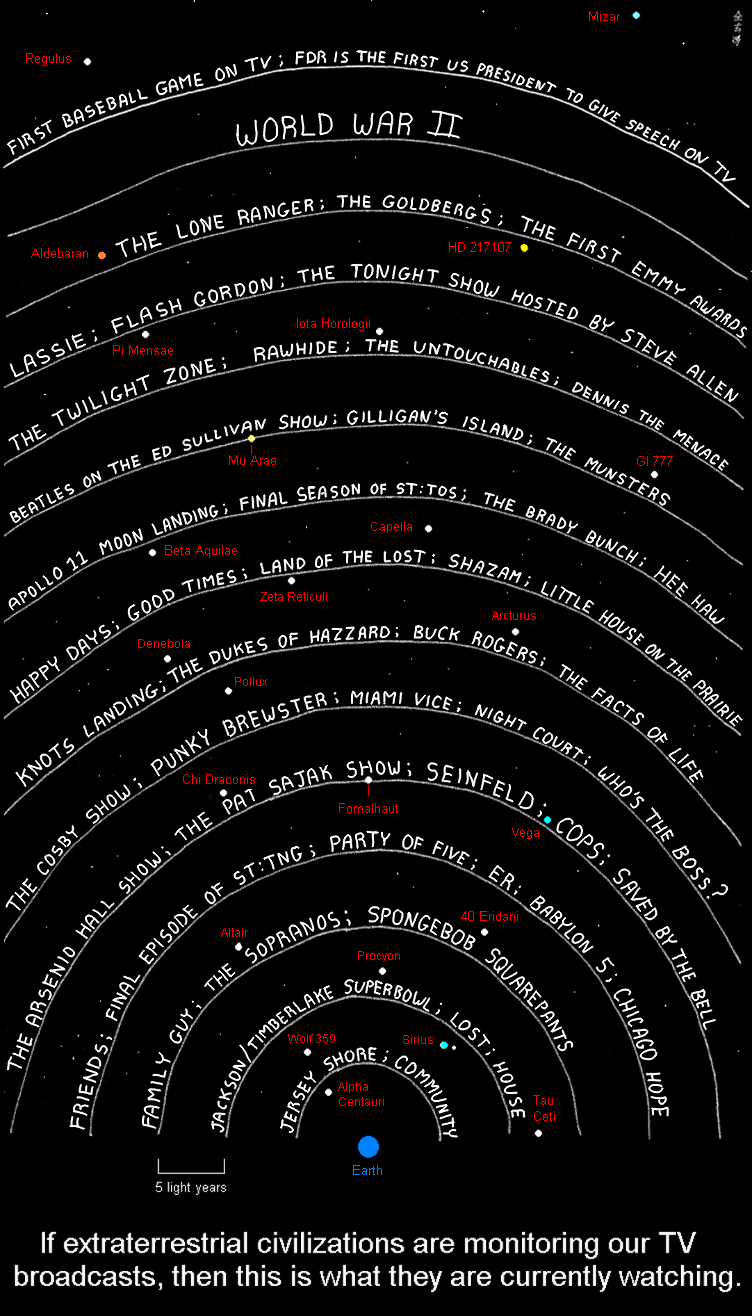

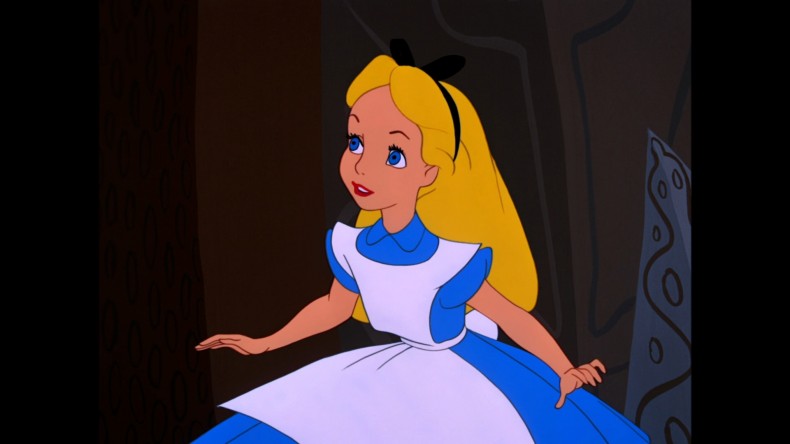
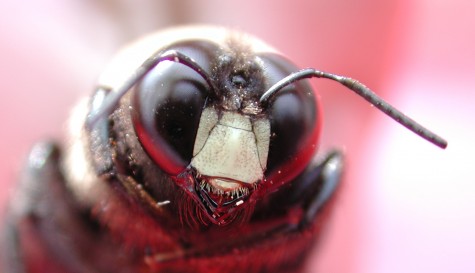 According to ancient historians, Archimedes spent the last moments of his life drawing figures in the dirt, so deeply entranced with the pleasures of geometry that he failed to notice the bloody pillage of Syracuse right outside his door. Aloofness, it’s tempting to conjecture, was his fatal flaw. By many accounts, he paid scant attention when a Roman soldier barged in and demanded that the old, prolific genius identify himself. Archimedes didn’t state his name or plea for his life. Instead, he responded with some version of, “Please, don’t disturb my circles.” At which point the Roman soldier ran him through with a sword. (
According to ancient historians, Archimedes spent the last moments of his life drawing figures in the dirt, so deeply entranced with the pleasures of geometry that he failed to notice the bloody pillage of Syracuse right outside his door. Aloofness, it’s tempting to conjecture, was his fatal flaw. By many accounts, he paid scant attention when a Roman soldier barged in and demanded that the old, prolific genius identify himself. Archimedes didn’t state his name or plea for his life. Instead, he responded with some version of, “Please, don’t disturb my circles.” At which point the Roman soldier ran him through with a sword. (